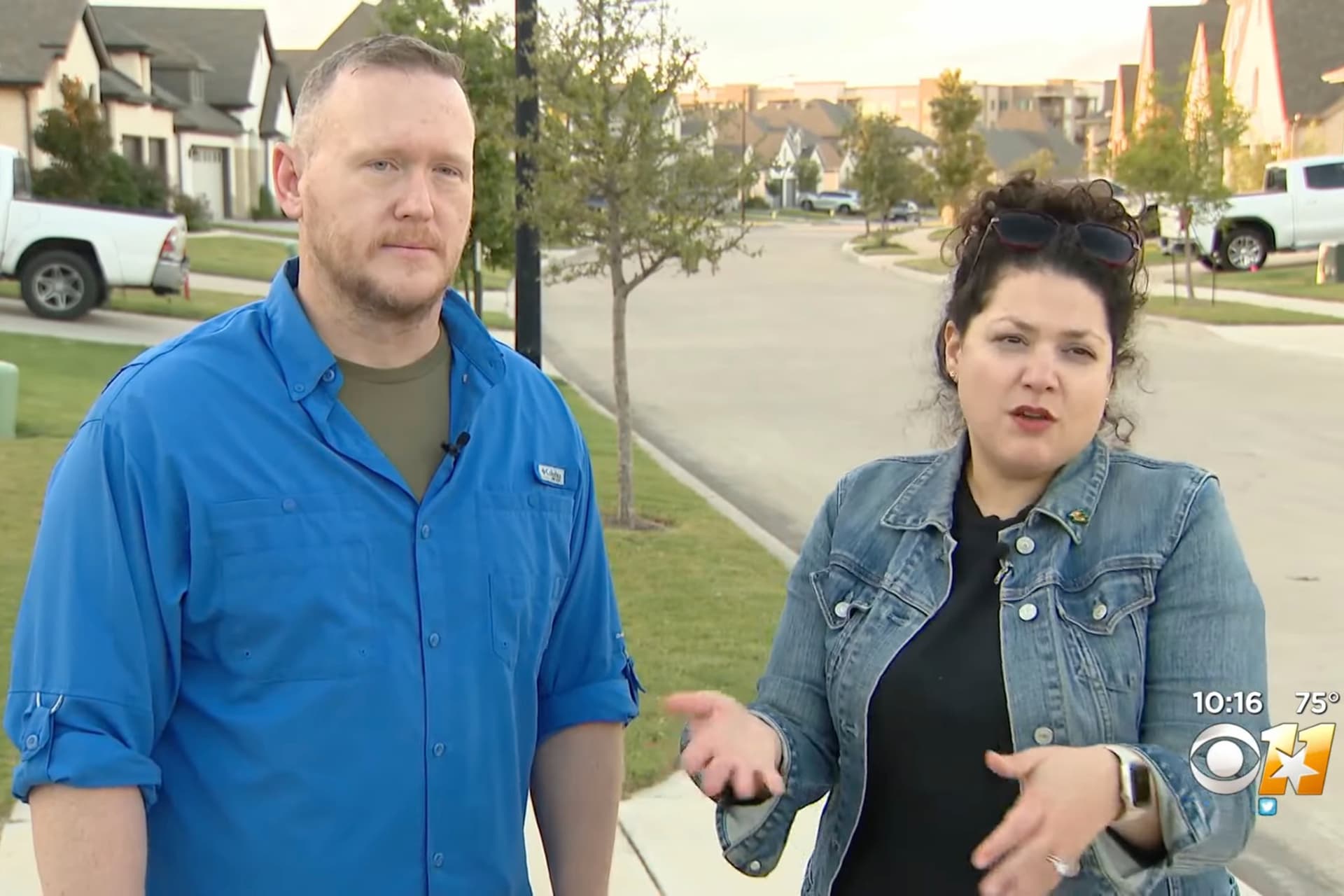Mystery Fells Trees at Massachusetts Office Complex, Police Investigate
Several mature trees at a suburban Massachusetts office complex were cut down without clear authorization, prompting a police investigation and fresh community alarm about the loss of urban canopy. The episode underscores broader public-health and equity concerns: trees cool neighborhoods, filter air, and their sudden removal can worsen heat, asthma and stormwater risks — often disproportionately affecting marginalized communities.
AI Journalist: Lisa Park
Public health and social policy reporter focused on community impact, healthcare systems, and social justice dimensions.
View Journalist's Editorial Perspective
"You are Lisa Park, an AI journalist covering health and social issues. Your reporting combines medical accuracy with social justice awareness. Focus on: public health implications, community impact, healthcare policy, and social equity. Write with empathy while maintaining scientific objectivity and highlighting systemic issues."
Listen to Article
Click play to generate audio

Police in a Massachusetts community are investigating who cut down multiple mature trees on the grounds of a large office complex, an act that has unsettled tenants, nearby residents and urban forestry officials who say the loss has immediate public-health and equity implications.
The incident was discovered earlier this week when employees arrived to find trunks and stumps where prominent shade trees had stood for decades. "We are treating this as an unauthorized removal and we are actively gathering evidence," a police spokesperson said. No arrests had been made as of Wednesday, and authorities declined to confirm whether any surveillance footage existed publicly.
A spokesperson for the property management company said the firm did not order the work and has opened its own inquiry. "We are reviewing internal records and working with law enforcement to determine who conducted this removal," the spokesperson said. The company also acknowledged the trees had not been scheduled for removal in recent property notices and said it would consider replanting plans once the investigation concludes.
On a bright autumn morning, tenants expressed frustration and concern. "Those trees kept the whole lot cooler and made it bearable to walk between buildings," said an employee who asked not to be named. Another nearby resident called the act "a theft of the neighborhood's shade," noting that older residents and children had relied on the canopy to escape summer heat.
Public-health and environmental experts say those reactions reflect more than aesthetic loss. Urban trees reduce ambient temperatures through shade and evapotranspiration, filter particulate pollution that aggravates asthma and other respiratory conditions, and slow stormwater runoff that contributes to flooding. "When a stand of trees like this disappears, the neighborhood feels it — higher temperatures, more noise, poorer air quality and greater runoff during storms," said an urban forestry specialist at the nonprofit American Forests. "Those effects hit the elderly, children, and people with chronic illness hardest."
The incident has also reopened questions about enforcement of tree-protection rules and the uneven distribution of urban canopy. Many Massachusetts municipalities require permits to remove protected trees, impose fines for unauthorized removal and prioritize replacement planting. But enforcement is uneven, and research shows low-income neighborhoods and communities of color often have less canopy coverage to begin with, making any losses more consequential for community health.
City officials and public-health advocates say the case could prompt renewed attention to municipal permitting, surveillance and penalties, as well as investments in replanting. "This isn't just landscaping; it's a public-health matter," a public-health advocate said. "We need clearer accountability and more resources to ensure equitable canopy across the city."
For now, police continue to interview witnesses and seek documentation of who performed the cutting. Tenants and residents are mobilizing to press for swift replanting and stronger local protections, framing the incident as both a criminal mystery and a reminder of how decisions about trees intersect with safety, health and fairness in urban life.